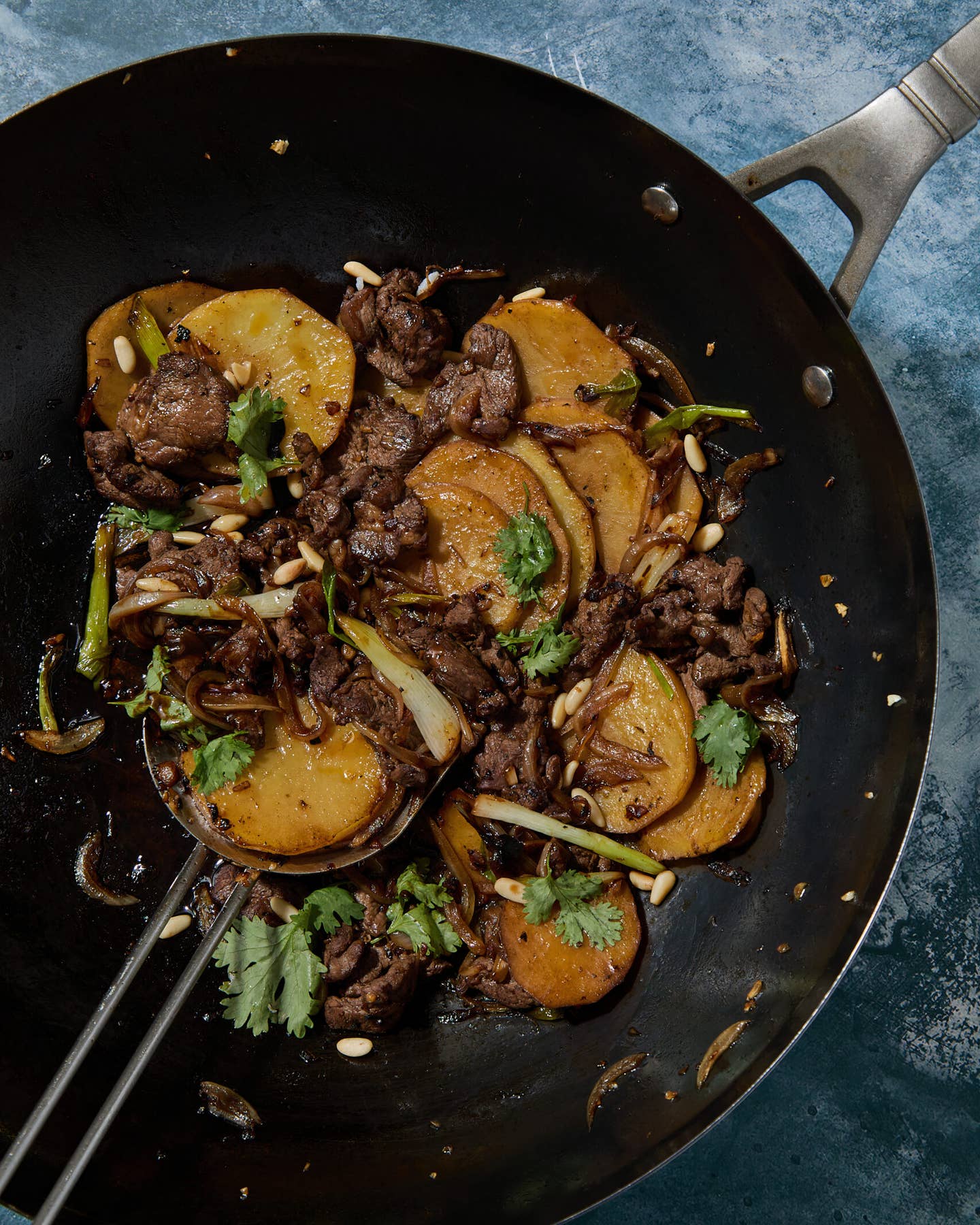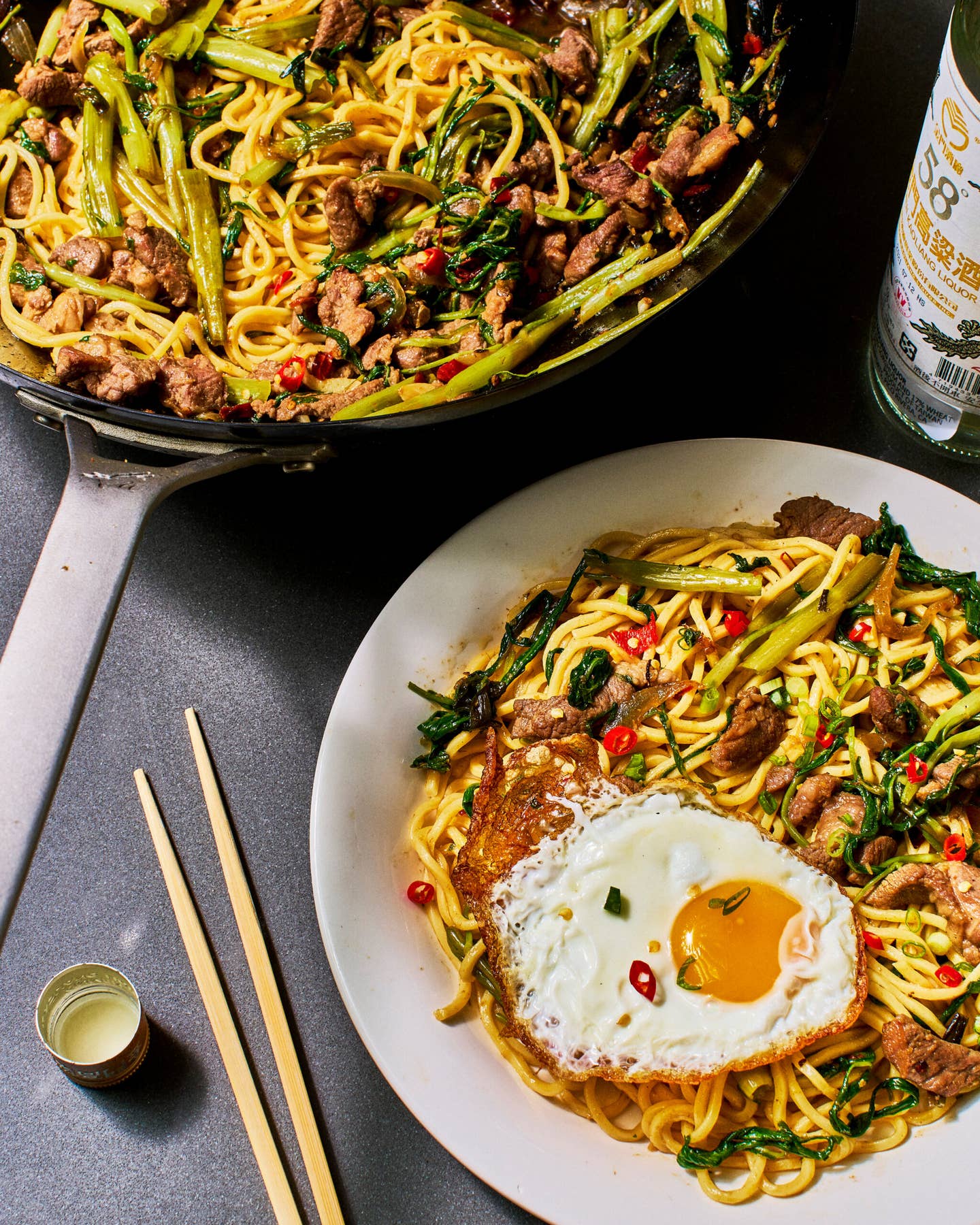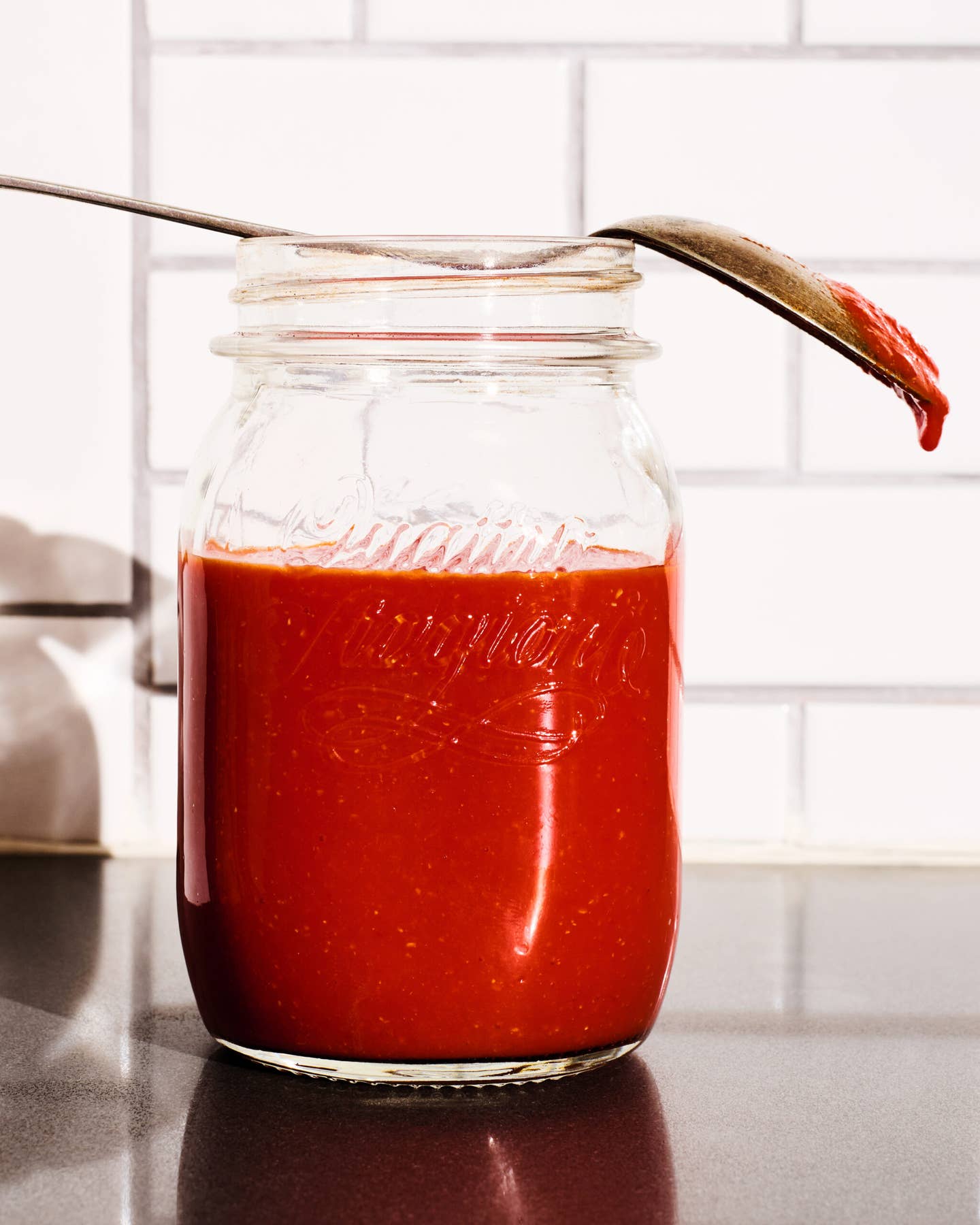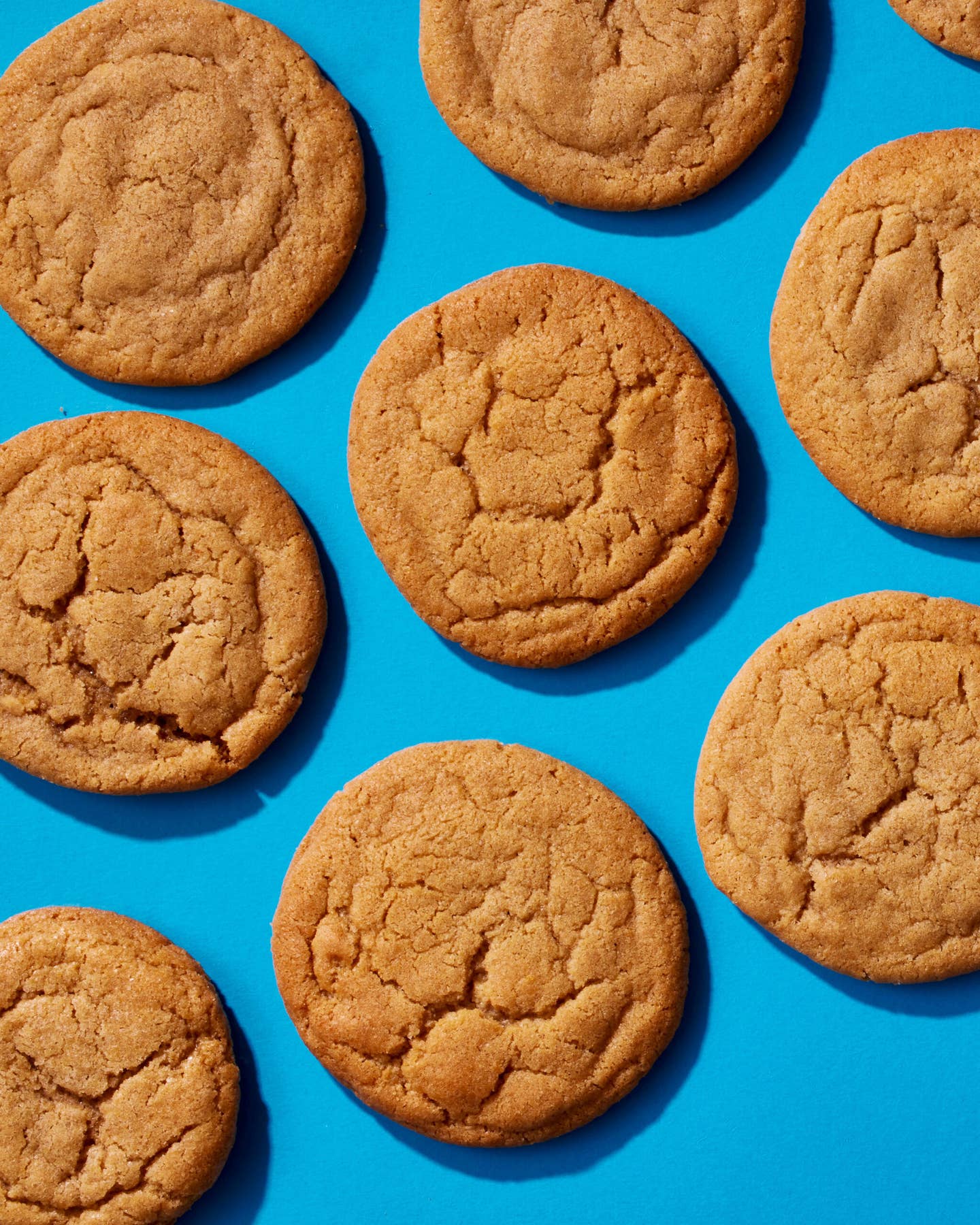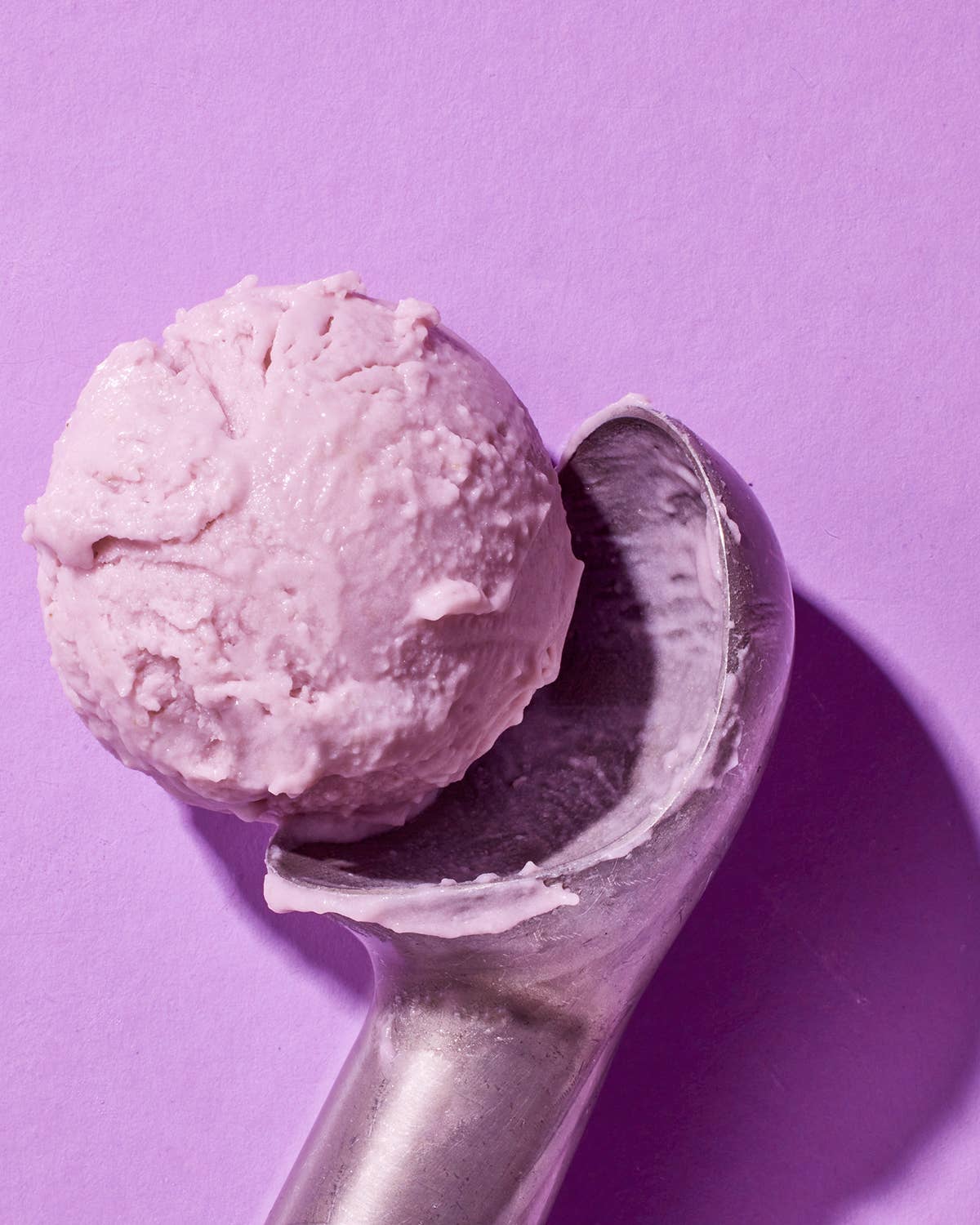
00 Flour is Best for Making Pizza
Caputo 00 flour is the test kitchen’s favorite for pizza crust
People will always argue about whether it’s possible to make a great tasting pizza in a home oven, without the thousand-degree infernos blazing inside the best pizzerias. For the record, we think it’s absolutely doable, and time to move on to the next question: is it true that the type of flour you use is just as important as the oven? If our test kitchen experience is anything to go by, it is: when it comes to pizza making, all flours are most definitely not equal. An ideal pizza crust is thinner in the middle, with a rim that balloons slightly to give it that all important crunch. When testing the recipe for Pizza Margherita, we fell hard for the grand don— the Godfather of flours, if you will— the Italian Caputo 00.
Get seasonal recipes, methods and techniques sent right to your inbox—sign up here to receive Saveur newsletters. And don’t forget to follow us on Instagram at @SaveurMag.
Caputo 00 flour is ideal for pizza dough for two reasons: one, it's finely ground, and two, it has a lower gluten content than most flours. The "00" refers to the texture of the flour: Italian flours are classified by numbers according to how finely they are ground, from the roughest ground "tipo"1, to 0, and the finest 00. Gluten, the natural protein that remains when starch is removed from wheat grains, creates the elasticity you feel when you bite into a crunchy loaf of bread. The lower the protein content of the flour, the lower the gluten, and the lower the gluten, the less elasticity there will be in your dough (cake flour has the lowest gluten level). Gluten levels are controlled by selecting different strands of wheat for processing: high-gluten bread flour is made from wheat that has 14-15% gluten. Meanwhile, the Caputo 00 is made from a selection of the finest grains the Caputo family can find to give your dough just enough, but not too much, stretch at 12.5% gluten.
Keep Reading
Continue to Next Story
